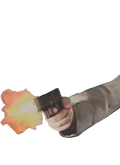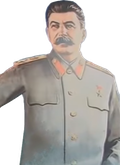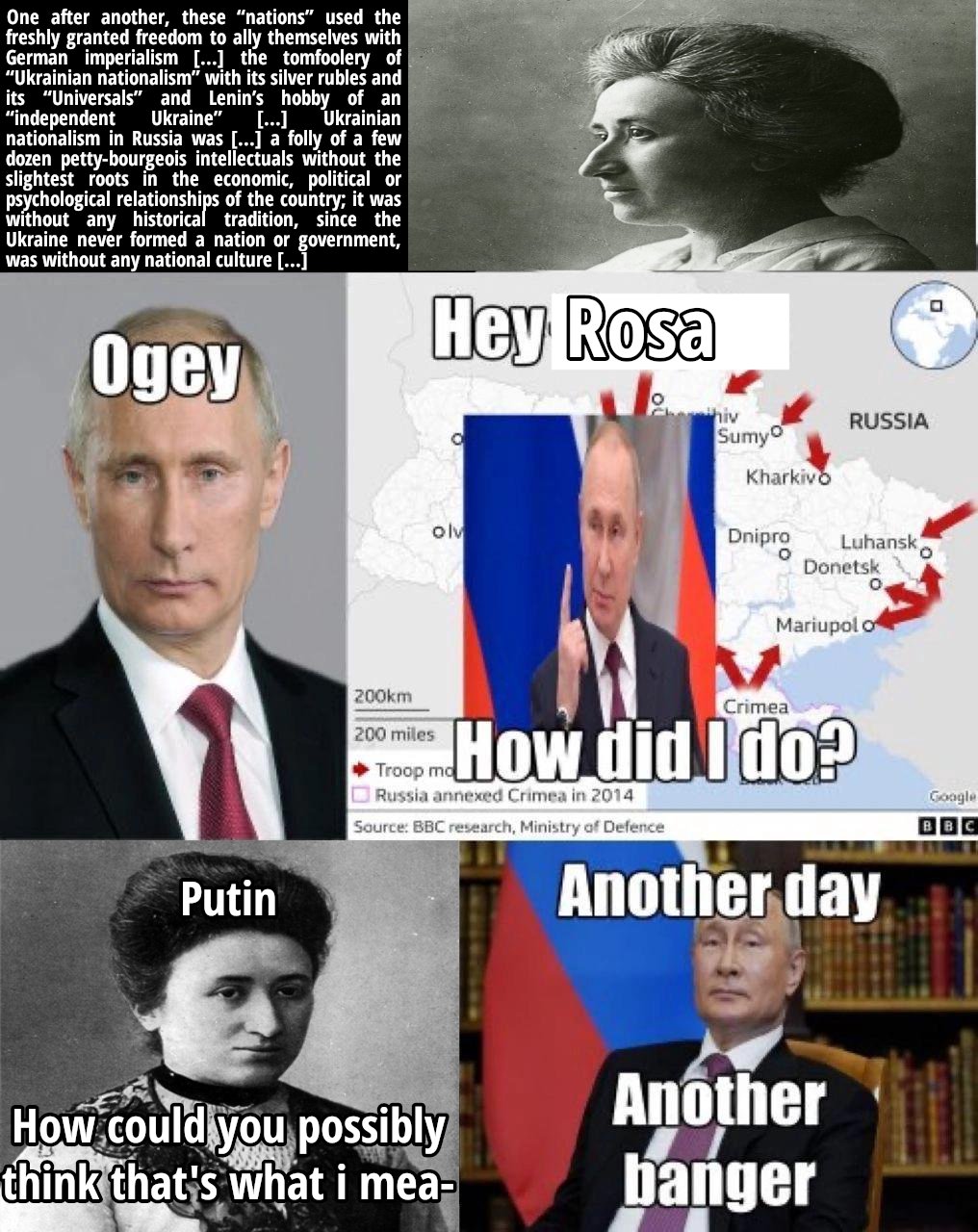It is at least forgivable in so far as the Nakba of '48 hadn't happened yet and an interracial utopian socialist Middle East was functionally in the cards.
If anything, this is more the fault of Truman and the rush to mobilize into a Cold War footing. Had the US and Russia not pivoted into conflict after the war, the Israel/Palestine dispute could have been one of those disputes a peace-inclined UN hammered out before copious amounts of blood got spilled.









